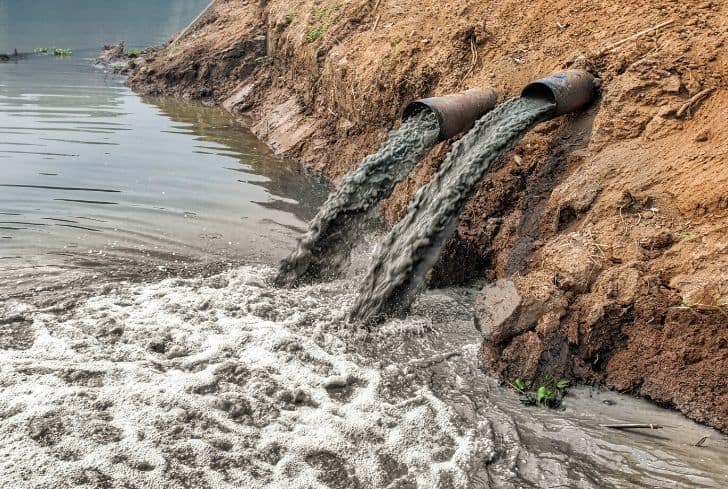Addressing Nigeria’s Sewage Waste Management Issues

By Ojugbele Omotunde
The absence of suitable resources and infrastructure makes managing sewage waste in Nigeria one of the country’s biggest problems. Many communities lack adequate sanitary systems, particularly those in rural areas.
This implies that sewage is frequently released untreated into waterways or the surrounding environment. In addition to contaminating the land and water, this puts the public’s health at grave danger.
There are some possible solutions that can be investigated in order to address this issue. First, funds must be allocated to developing sewage networks and upgrading sewage treatment facilities.
We can guarantee that sewage is appropriately collected and treated prior to disposal by modernizing current infrastructure and constructing new treatment plants.
Educating the public and increasing awareness of proper waste disposal and hygiene practices is another crucial component. We can stop sewage pollution at its source by teaching communities about the value of good sanitation and arming them with the information and resources they need to manage their waste responsibly.
Decentralized wastewater treatment systems can be used in places where centralized sewage systems are impractical. Septic tanks and pit latrines are two examples of these systems that can offer a more environmentally friendly way to manage sewage waste.
They can be customized to meet the unique requirements of every community and lessen the amount of untreated sewage that is released into the surrounding area.
It’s crucial to remember that communities, businesses, and the government must work together to address the problem of sewage waste.
Together, we can combine our knowledge and resources to put practical solutions into place that will protect the environment and the populace.
